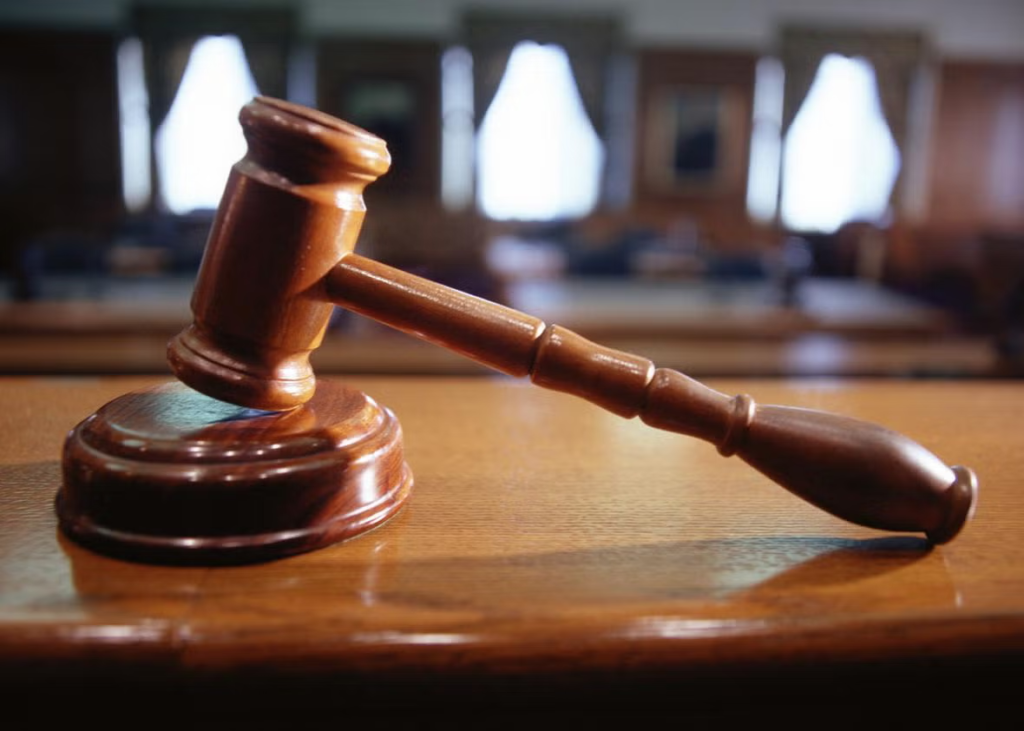Margaret Nyakang’o And Other High-Profile Figures Face Prosecution
In a significant development, the Ethics and Anti-Corruption Commission (EACC) has urged the Director of Public Prosecutions (DPP) to file charges against key figures, including former Treasury Cabinet Secretary Ukur Yatani, over alleged irregularities in the Ksh6 billion Telkom takeover saga. The buyout, which took place just four days before the August 9, 2022, elections, has raised serious legal concerns.
The EACC’s quarterly report, covering the period between July 1 and September 30, revealed that the Communication Authority of Kenya (CA) did not approve the acquisition of 60% shares of Telkom Limited by the government. Furthermore, the Attorney General’s office was not consulted, as mandated by law, casting doubts on the legality of the transaction.
The commission’s investigation exposed several lapses in the process, leading to recommendations for charges against former Treasury CS Ukur Yatani, ex-Principal Secretary Julius Muia, Controller of Budget Margaret Nyakang’o, and former Director General Public Investments and Portfolio Management. Additionally, high-ranking Telkom officials, including the CEO, CFO, and board chairman, are also implicated, along with Helios’ transaction advisor.
The EACC alleges that the takeover violated the Public Finance Management Regulations 2015 on supplementary appropriation, emphasizing that the acquisition did not meet the threshold outlined in the regulations. The charges being considered include conspiracy to commit economic crimes, abuse of office, money laundering, and willful failure to comply with financial management laws.
The case has taken a political turn, with former officials defending their actions. Julius Muia, the ex-Principal Secretary, argued that the Telkom acquisition was lawful and in the best interest of the Kenyan people. Controller of Budget Margaret Nyakang’o claimed that she rejected some of the withdrawals related to the Telkom buyout, stating, “And this was in writing.”
Notably, Nyakang’o was arrested on December 5 on charges including conspiracy to defraud and operating a Sacco without a license. However, she was released on a Ksh500,000 cash bail after pleading not guilty. Subsequently, on December 7, the High Court temporarily barred the ODPP and DCI from proceeding with her prosecution.

The Telkom takeover saga has also revealed a complex web of allegations and counter-allegations. Nyakang’o accused Yatani of coercing her to clear irregular spending just before the August 2022 General Election, and Muia defended the buyback, asserting that all legal requirements were met.
The controversy escalated when the Cabinet, chaired by President William Ruto, rescinded the nationalization of Telkom Kenya on October 3, 2023. The government directed the original seller, Helios Investment, to refund the Ksh6.09 billion. A new investor, Infrastructure Corporation of Africa LLC (ICA), was identified to acquire the 60% shareholding, subject to regulatory approvals.
The ongoing legal battle involving Nyakang’o has taken a new turn, with allegations of political motivations and a petition filed by West Mugirango Member of Parliament Stephen Mogaka seeking to stop her arrest and criminal charges. Mogaka claims the charges are politically motivated, intended to either remove her from office or silence her.
In response to the accusations, the High Court issued conservatory orders suspending Nyakang’o’s prosecution until May 21, 2024. Mogaka argued that the charges lacked a genuine basis and were founded upon a resolved civil matter.
As the legal drama unfolds, EACC Chairperson Bishop David Oginde issued a warning to senior government officials, stating that their powerful offices wouldn’t shield them from investigations. Oginde emphasized that the EACC is currently handling at least 43 cases involving former powerful officeholders, and urged individuals to earn their wealth legitimately.
The Telkom takeover scandal continues to be a focal point in Kenya’s political landscape, raising questions about transparency, legality, and the accountability of public officials. The ultimate outcome of this saga will not only impact the individuals involved but also set a precedent for addressing corruption and financial improprieties at the highest levels of government.